

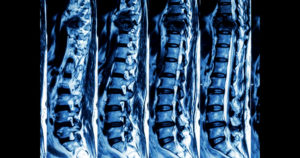

While herniated disks cannot be easily replaced, they are often
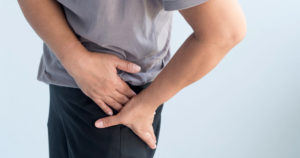
Hip pain caused by herniated or ruptured disc Lower back
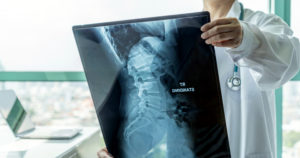
Can an x-ray show a herniated Disc? A medical history

Weightlifters understand back pain well. Weightlifters can avoid pain and
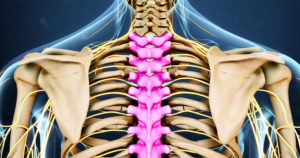
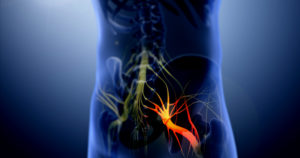
Intervertebral Discs are found between the vertebrae on the front

Back pain is quite common. Nearly 31,000,000 Americans suffer from

Herniated spinal discs happen when the discs in the spine

If you have ever seen many spine patients, chances are
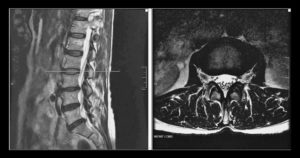
Slipped disc? The importance of MRI for detecting a herniated
Slipped disc? The importance of MRI for detecting a herniated disc A herniated disc, also known by the slipped disc
What is a herniated disc? A herniation of the lumbar spine disc can cause nerve damage. This can lead to
Back pain can be caused by many things. It could be due to injury or improper lifting techniques. These conditions
Foot Drop Treatments for Spinal Causes These are both surgical as well as nonsurgical treatment options for foot conditions that
If you have ever seen many spine patients, chances are that you’ve been asked this question. “Does the inversion table
Tips to help you feel better, and lessen your pain To relieve tension and pain, you can use cold or
What is a Bulging Disc? The spine is made up by the spinal discs located between these segments. The spinal
Herniated spinal discs happen when the discs in the spine are damaged. It affects the ability of a person to
Back pain is quite common. Nearly 31,000,000 Americans suffer from lower back pain. To treat back pain, the first step
Intervertebral Discs are found between the vertebrae on the front end of the spine. They act as shock absorbers. The
Disclaimer : Disclaimer: All information presented in this website is intended for informational purposes only and not for the purpose of rendering medical advice. The information contained herein is not intended to diagnose, treat, cure or prevent any disease.
Follow us to stay up to date on our groundbreaking procedures, news, speaking engagements and upcoming appearances.
Disclaimer : Disclaimer: All information presented in this website is intended for informational purposes only and not for the purpose of rendering medical advice. The information contained herein is not intended to diagnose, treat, cure or prevent any disease.
